Turkish professor creates artificial reef fostering 12 fish species
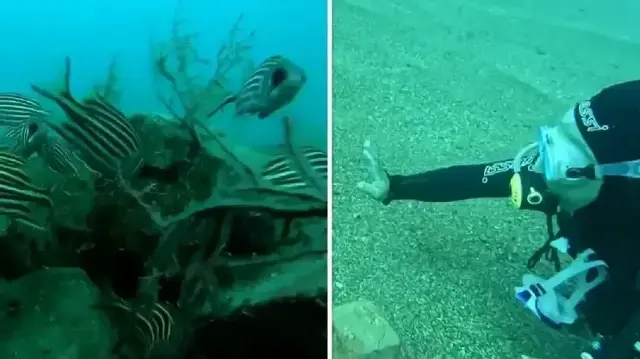
A professor from Akdeniz University has successfully established a thriving artificial reef off Antalya's Konyaaltı Beach using existing stones and concrete blocks. The innovative project, which required no foreign materials, now supports approximately 12 marine species living together, demonstrating a sustainable method for enhancing marine biodiversity.
A professor from Akdeniz University in Antalya has successfully created an artificial reef that now serves as a habitat for approximately twelve different fish species. Professor Mehmet Gökoğlu and his students constructed the reef on the seafloor of the famed Konyaaltı Beach using only stones and concrete blocks that were already scattered in the area .
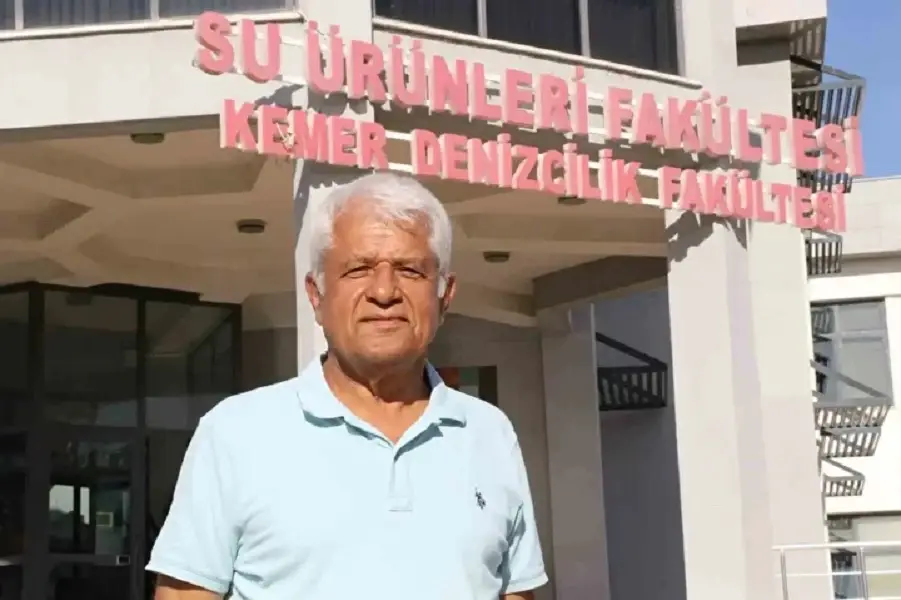
A Sustainable Sanctuary for Marine Life
The project stands out for its environmentally conscious approach. Professor Gökoğlu emphasized that no foreign materials were introduced to the marine environment. "We did not bring any external material and throw it into the sea. We made a small model with the concrete blocks already in the sea, and a beautiful fish population formed," he stated. The reef has transformed a previously barren, pebbly area into a vibrant hub for marine biodiversity, providing shelter for species like moray eels, octopus, grouper, and lionfish .
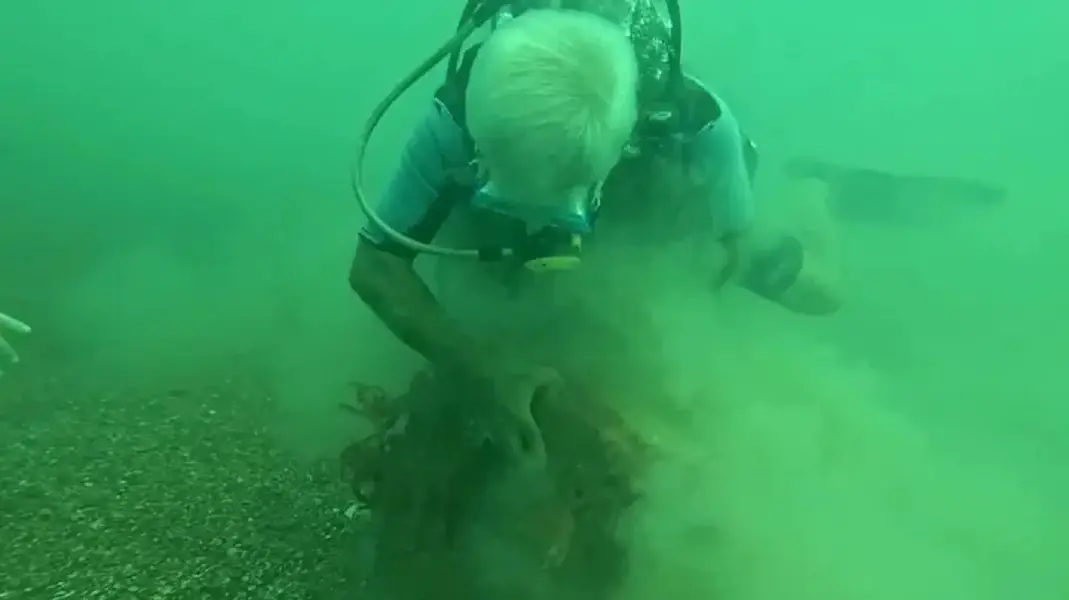
Observing Coexistence and Natural Balance
The reef has become a living laboratory for observing marine interactions. Gökoğlu noted that the species are coexisting peacefully. "The species live in peace among themselves. We do not see them attacking each other," he observed. He also pointed out a fascinating natural dynamic, noting that groupers appear to avoid areas where lionfish have settled, likely as an instinctual response to the lionfish's spines or venom .
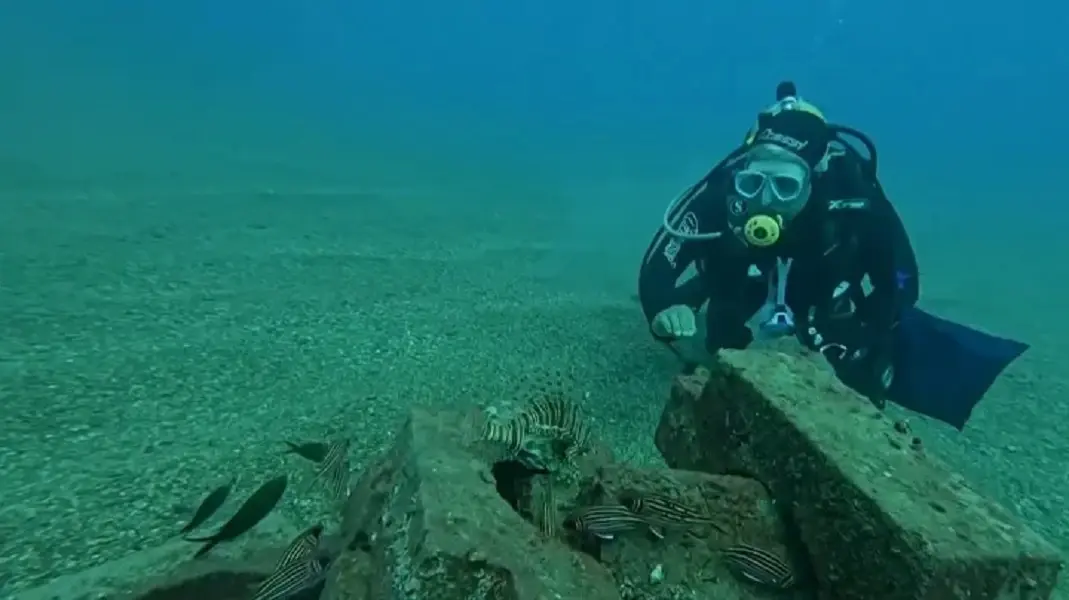
Advertisement
A Model for Future Marine Conservation
Professor Gökoğlu advocates for the wider use of such artificial reefs as supportive elements for nature. He believes these structures are crucial for strengthening the marine ecosystem. The success of this small-scale model on the Turkish coast demonstrates a simple, low-cost, and effective method for supporting fish populations and enhancing local biodiversity, offering a promising strategy for marine conservation efforts .
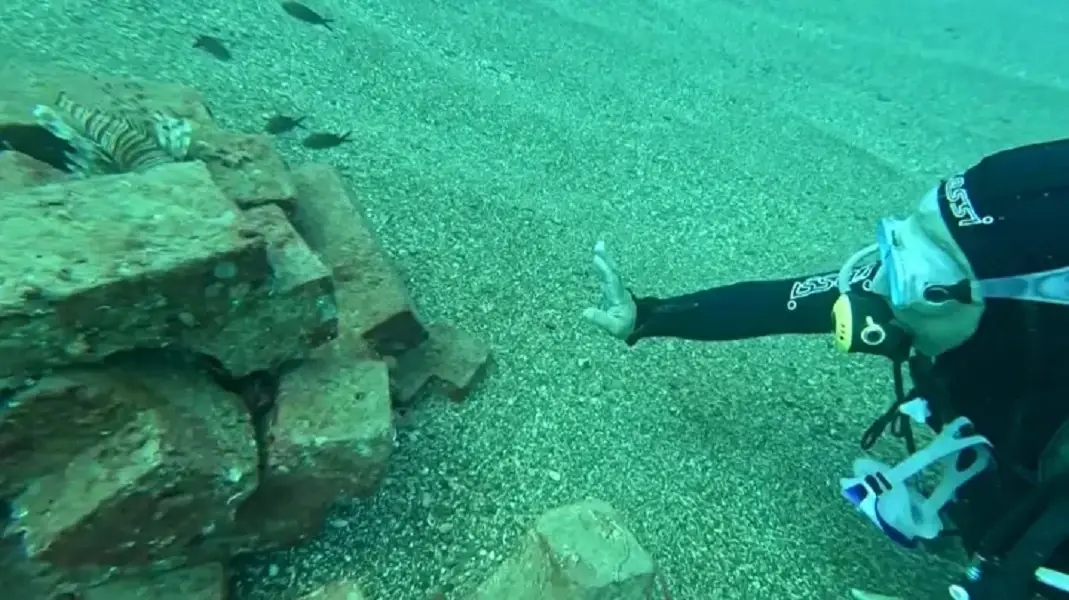
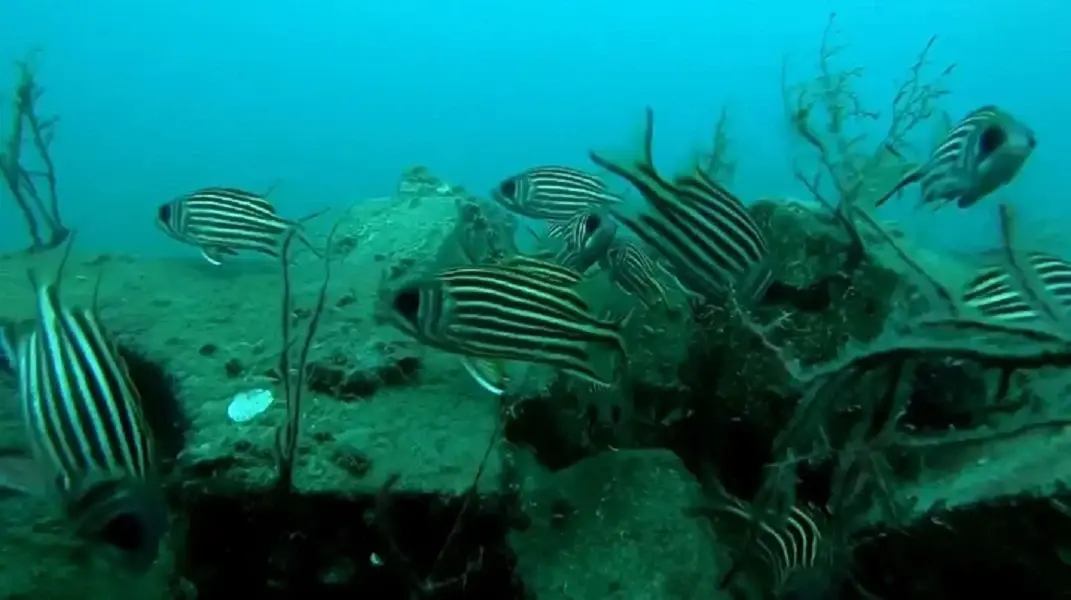
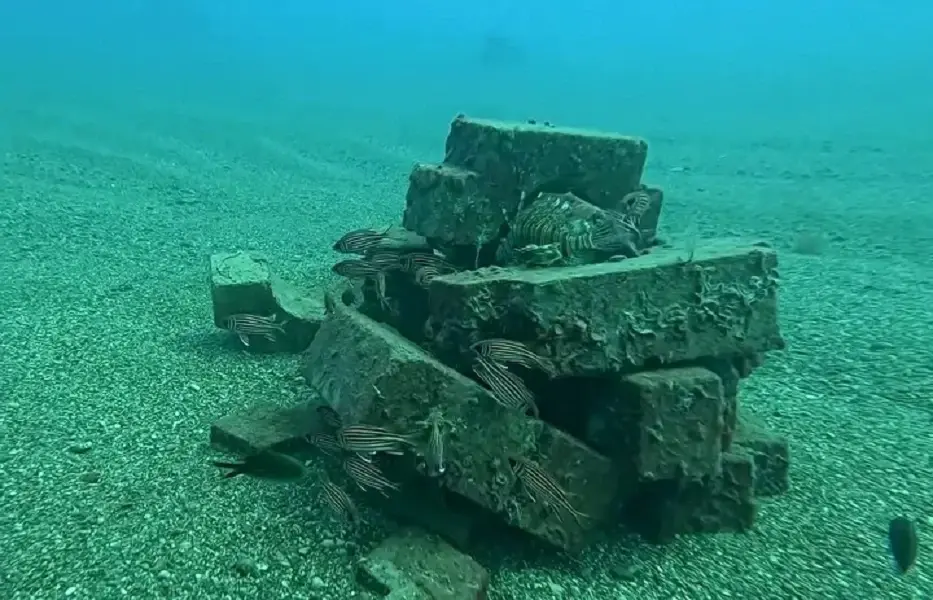
Advertisement







Comments you share on our site are a valuable resource for other users. Please be respectful of different opinions and other users. Avoid using rude, aggressive, derogatory, or discriminatory language.